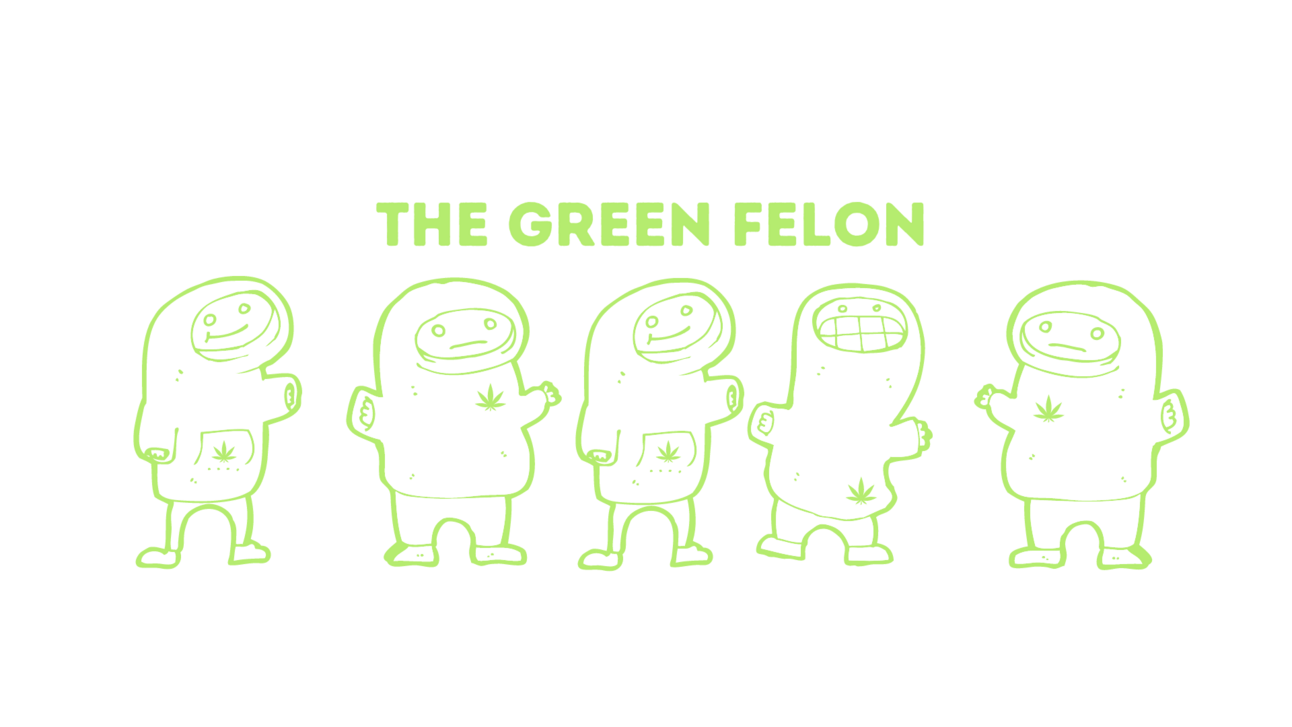
News Highlights ⭐️:
University 🏫 of Colorado Boulder Advances THC Breath Testing Research: Researchers at the University of Colorado 🎿 Boulder have conducted a study involving 4️⃣5️⃣ regular cannabis users to develop standardized protocols for measuring 📏 impairment. University of Colorado Boulder
NIST Explores 🛶 Dual Breath Test Approach: The National Institute of Standards 🖇 and Technology (NIST) is testing a new method involving two breath tests administered within an hour 🕘 to detect recent cannabis use, aiming to enhance roadside 🚗 impairment assessments. NIST
Federal Agency Plans ✍🏾 Discussion on Marijuana Breathalyzer Technology: A federal agency is set to host an "open and candid discussion 👨🏫" on the development and implementation of marijuana breathalyzer technology 👩🏼💻, bringing together experts to address challenges and advancements in the field ⚽️. Marijuana Moment
Cannabix 🔋 Unveils Advanced Marijuana Breathalyzer: Cannabix Technologies has announced significant updates to its marijuana 🥒 breathalyzer technology, including a smaller, lightweight design 🔨 and improved features for detecting recent cannabis use, addressing the growing need for accurate 💯 THC detection. GlobeNewswire

Quick Read 👁:
THC ❇️ Detection Challenges: THC’s fat-soluble 🐽 nature makes it linger in the body, complicating real-time impairment detection.
Technological 📀 Limitations: Breathalyzers struggle to detect THC 🥗 consistently due to trace amounts in breath samples.
Legal Uncertainty: Lack of standardized THC 🌹 impairment thresholds raises concerns about wrongful convictions 👮🏾♂️.
Equity Risks: Marginalized communities fear 😱 over-policing and systemic biases from unreliable testing.
Future 👽 Uncertainty: AI and machine learning advancements are needed before THC breathalyzers 👄 can ensure accuracy.

Cannabis Breathalyzers: How Close Are We to Reliable THC Testing? 🚔
As cannabis legalization gains momentum globally 🌍, law enforcement faces a growing conundrum 🚨: How can officers accurately determine whether a driver is under the influence of THC? With alcohol, the breathalyzer has been a steadfast tool for decades 🥂, but THC breathalyzers have proven to be a far more elusive technology.
Why Is THC 🥦 Testing So Difficult?
Alcohol 🍷 metabolizes in a linear and predictable manner, allowing blood alcohol content (BAC) to correlate closely with impairment. THC, however, behaves more like an enigmatic guest at a dinner party 🍽️—lingering long after the conversation has ended. THC is lipophilic, meaning it dissolves in fat cells 🫛, not water, and can stay in the body for days or even weeks after consumption. This prolonged presence creates a fundamental challenge: detecting THC in breath or blood 🟥 does not necessarily equate to current impairment.
Moreover, unlike alcohol, where impairment thresholds are standardized at 0.08% BAC 🥃, THC’s psychoactive effects are highly individualized. A seasoned cannabis user may function unimpaired with higher THC 🦠 levels than an infrequent user would after minimal consumption 🌱. This variability adds another layer of complexity to THC detection.

The Science 🤹♀️ Behind THC Breathalyzers
To date 📅, most THC breathalyzer prototypes focus on detecting Δ9-tetrahydrocannabinol (Δ9-THC), the primary psychoactive component of cannabis 🚬. Researchers employ techniques such as gas chromatography-mass spectrometry (GC-MS) and infrared spectroscopy to analyze breath samples. But here’s where it gets tricky 🕵️♂️—THC particles in breath are present at extremely low concentrations, making them difficult to detect with consistent accuracy.
In recent years, companies such as Hound Labs and Cannabix Technologies have made significant strides 🎢 in developing portable devices that can detect THC in breath within a narrow detection window of ✌🏻 to 3️⃣ hours post-consumption. However, while these devices show promise, questions about sensitivity, specificity, and reliability remain unanswered 🤷♂️.

Current Challenges 🤼♂️ in THC Breathalyzer Development
Variability in Metabolism – THC 🟢 metabolism varies widely between individuals due to differences in body composition, metabolism rates, and frequency of use 🧗♀️. This variability complicates establishing a universal threshold for impairment.
Detection Window Dilemma – While alcohol 🍾 is metabolized rapidly and predictably 🍹, THC remains in the system for much longer. Breath detection only captures a fleeting snapshot of THC 🌲 presence, often missing the window where actual impairment occurs.
Environmental Contamination ☣️ Risks – Trace amounts of THC in the environment (such as second-hand 🧖🏽♂️ smoke) can potentially register false positives, further compromising reliability.
Legal 👩🏼⚖️ and Ethical Implications – Without a clear correlation between breath THC 🏝️ levels and impairment, legal experts fear unjust prosecutions, making widespread adoption of these devices ethically questionable.

The Race to Create a Gold 🎗 Standard
Hound Labs 📒, a frontrunner in the THC breathalyzer arena, claims its device can detect THC molecules in picogram levels 📊—a level of precision akin to finding a single grain of sand in an Olympic-sized pool 🌊. Their device purportedly differentiates between active THC and non-psychoactive THC metabolites, a critical distinction for determining real-time impairment 🤮.
However, critics argue ⚔️ that despite impressive technological advances, no breathalyzer can currently match the gold standard of blood tests for THC detection 💉. Blood tests can quantify THC levels, but they are invasive, expensive, and impractical for roadside 🚌 use. Thus, the pursuit of a breath-based solution remains the Holy Grail of cannabis impairment detection 🏆.
Will THC Breathalyzers Hold Up in Court 🏛?
Legal admissibility is another crucial hurdle 🚧. Forensic toxicologists caution that breathalyzer data alone may not meet the rigorous standards required in court. Without a definitive link between 💢 THC levels and impairment, defense attorneys could easily dismantle prosecutions based solely on breathalyzer evidence 👨⚖️.
Additionally ➕, there’s a glaring absence of consensus on what constitutes a "legal limit" for THC impairment 📝. States that have legalized cannabis adopt vastly different THC thresholds, with some relying on blood tests, while others enforce zero-tolerance 🚫 policies.

Ethics and Equity Concerns 🏙️
As with any technology 💾, the potential for misuse raises ethical red flags 🚩. Communities disproportionately impacted by cannabis prohibition fear that THC 🌸 breathalyzers could become a new tool for over-policing, perpetuating systemic inequities. Critics 🙅🏾♂️ argue that without standardized thresholds, marginalized communities could once again bear 🐻 the brunt of flawed enforcement practices.
Are We Close to a Breakthrough? 🤯
While the road 🏎 to reliable THC testing is paved with scientific and legal challenges, it’s clear that progress is accelerating. As AI and machine learning refine data interpretation 📈, future devices may improve sensitivity, reduce false positives, and provide more accurate correlations between THC 🥬 levels and impairment.
However, until the science catches ✋🏼 up, policymakers, law enforcement, and researchers must tread carefully 🌉. A hasty rollout 🥖 of unproven technology risks not only legal backlash but also undermines public trust in cannabis policy.
What do you think—will THC 🍁 breathalyzers 💋💨 ever become as reliable as their alcohol counterparts?
📍 Stay Grounded ⚡️

The information provided in this newsletter is for informational purposes only and does not constitute medical, legal, or professional advice. Always consult with a qualified professional before making any decisions based on the content shared here.

